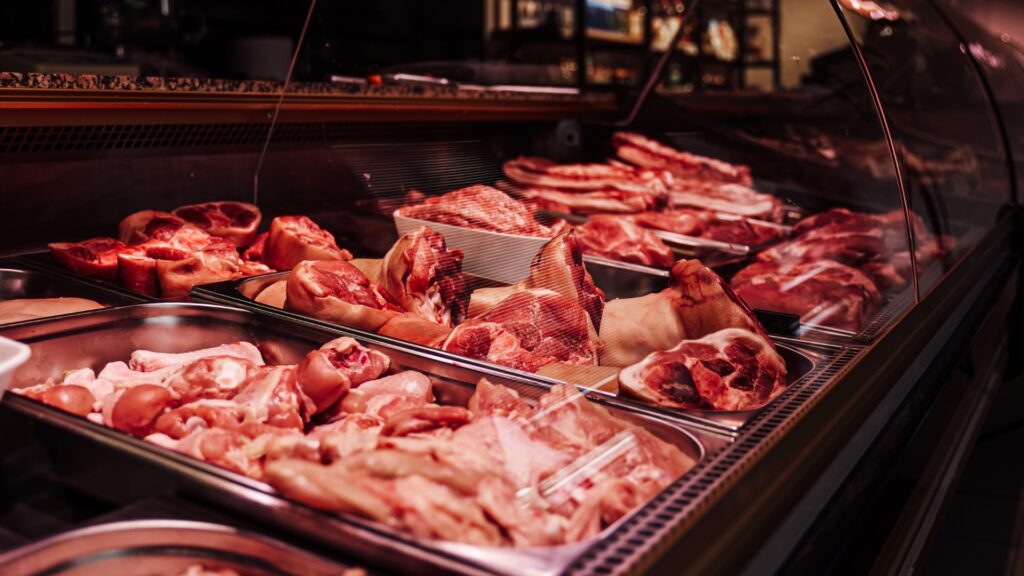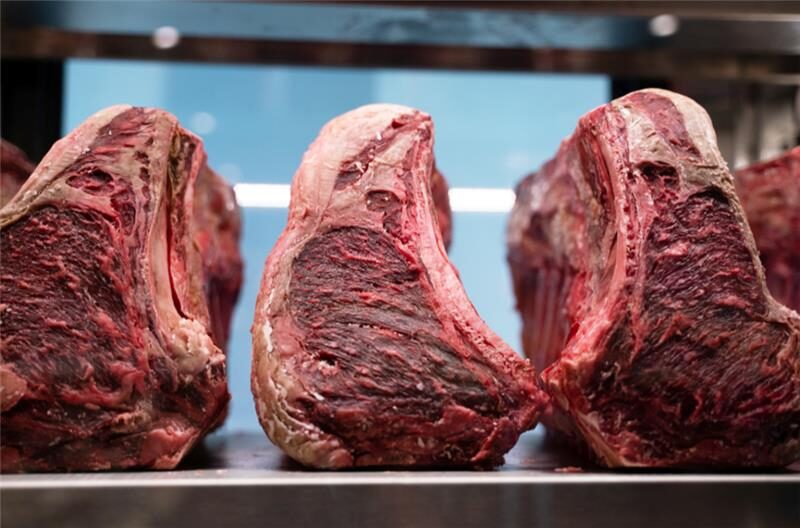In an era where food travels thousands of kilometres before reaching our plates, there is growing recognition of the importance of local sourcing. For Ontarians, choosing local meat Ontario is more than just a culinary decision—it is a commitment to community resilience, sustainability, and ethical food systems.
This article will explore the role of Ontario farms in supporting sustainable butchery, the benefits of farm-to-table meat, and why ethical sourcing in Canada is becoming a key expectation for consumers.
The Value of Local Meat in Ontario
Local meat sourcing connects communities with nearby farmers and ensures that consumers know where their food comes from. Ontario has a long tradition of family farms and regional livestock operations that prioritize quality, animal welfare, and stewardship of the land.
Key Benefits of Choosing Local Meat
- Freshness and Quality: Reduced travel time means meat arrives fresher and with a smaller environmental footprint.
- Transparency: Consumers can trace products back to their farm of origin.
- Economic Support: Spending on Ontario farms keeps money circulating in local economies.
- Environmental Stewardship: Lower transportation emissions and support for smaller, sustainable operations.
Sustainable Butchery and Its Role
Sustainable butchery is the practice of processing meat in a way that minimizes waste, respects animal welfare, and prioritizes environmental health. Butchers who adopt this philosophy often work closely with local farms to ensure consistency and accountability.
Principles of Sustainable Butchery
- Whole-animal utilization: Using every part of the animal to reduce waste.
- Energy-efficient operations: Cutting back on refrigeration and packaging waste.
- Strong farmer partnerships: Ensuring supply chains remain ethical and transparent.
Learn more about sustainable practices at Heritage Butchery.
Why Ontario Farms Are Central to Ethical Sourcing in Canada
Ethical sourcing is about more than animal welfare—it includes labour practices, environmental care, and long-term community well-being.
Ethical Considerations in Local Meat Production
- Animal Welfare: Ontario farms often follow humane practices with access to pasture and natural feed.
- Fair Pricing: Farmers are paid fairly for their work and investment.
- Sustainable Practices: Crop rotation, responsible water use, and reduced reliance on antibiotics.
When consumers choose meat sourced ethically from Ontario farms, they are voting for a food system that balances quality with responsibility.
The Farm-to-Table Meat Movement in Ontario
The farm-to-table meat model connects consumers directly with farmers or small butchers. This movement shortens the supply chain, reduces costs for farmers, and increases transparency for consumers.
How Farm-to-Table Works
- Farmers raise livestock using sustainable practices.
- Butchers process animals with an emphasis on quality.
- Consumers purchase meat directly from local shops, farmers’ markets, or subscription boxes.
Comparing Local and Industrial Meat Supply
Feature | Local Meat Ontario | Industrial Meat Supply |
Source Transparency | High – direct from farms | Low – often anonymous |
Environmental Impact | Lower emissions, small-scale | Higher due to global transport |
Animal Welfare | Humane, smaller herds | Large-scale, efficiency-driven |
Economic Impact | Supports Ontario farms | Profits often leave community |
Taste and Quality | Fresher, more flavourful | Mass-produced consistency |
This table highlights the contrast between supporting regional supply chains versus relying on industrial systems.
Challenges Facing Local Meat Systems
While local sourcing offers many advantages, it is not without challenges.
- Cost: Local operations can be more expensive due to smaller scale.
- Distribution: Farmers and small butchers often struggle with logistics compared to large distributors.
- Consumer Awareness: Many people remain unaware of where to buy regional meat.
Addressing these challenges requires cooperation between farmers, butchers, policymakers, and consumers.
The Future of Regional Meat Supply in Ontario
As awareness grows, the regional meat supply in Ontario is likely to expand. Innovations such as cooperative farming networks, subscription services, and improved cold storage technology are making local meat more accessible.
Emerging Trends
- Growth of community-supported agriculture (CSA) programs.
- Increased demand for grass-fed and organic meats.
- Digital platforms connecting farms directly with consumers.
Supporting Ontario Farms as a Consumer
Supporting Ontario farms is not limited to purchasing meat. It also involves advocacy, education, and conscious food choices.
How You Can Make a Difference
- Buy from local butchers: Prioritize businesses that source from nearby farms.
- Ask about sourcing: Transparency starts with questions.
- Join CSAs or subscription boxes: Support farmers directly.
- Spread awareness: Share the benefits of local sourcing with your community.
For those seeking to take the next step, Heritage Butchery in Ontario provides resources and products sourced with sustainability and ethics in mind.
Conclusion
Choosing local meat Ontario is more than a dining decision—it is a commitment to supporting Ontario farms, advancing sustainable butchery, and encouraging ethical sourcing in Canada. The farm-to-table meat movement is reshaping how consumers interact with food, offering a model that strengthens communities while protecting the environment.
By supporting the regional meat supply, Ontarians can ensure that their meals are rooted in sustainability, responsibility, and quality.
Call to Action:
Choosing meat that is free from hormones and antibiotics is one way to align your food choices with health, sustainability, and ethics. To learn more about options available in Ontario, visit Heritage Butchery or speak with your local butcher about their commitment to natural butchery and ethical farming. Every informed choice helps build a cleaner and more responsible food system.
Frequently Asked Questions (FAQ)
Why should I buy local meat in Ontario?
Local meat ensures freshness, supports Ontario farms, and reduces environmental impact while promoting ethical and sustainable food systems.
What does sustainable butchery mean?
It refers to butchery practices that minimize waste, prioritize animal welfare, and support environmentally responsible farming.
Is farm-to-table meat more expensive?
It can be slightly more costly, but the price reflects higher quality, ethical sourcing, and support for local economies.
How can I know if my meat is ethically sourced in Canada?
Look for certifications, ask butchers about their sourcing, and choose suppliers who are transparent about their partnerships with Ontario farms.
Where can I buy ethically sourced meat in Ontario?
Local butcher shops, farmers’ markets, and businesses like Heritage Butchery offer ethically sourced, farm-to-table meat options.




